Learning Programming
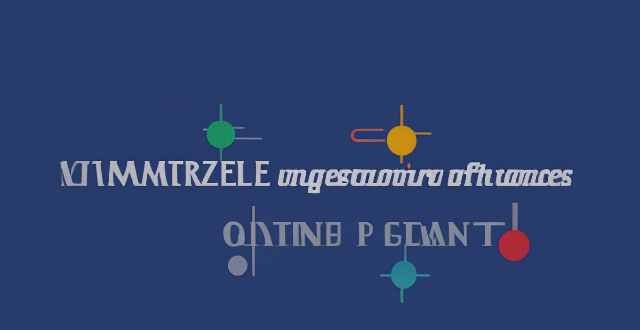
What are some reliable online learning resources for coding and programming ?
The text summarizes reliable online learning resources for coding and programming, including Coursera, edX, Udemy, Codecademy, Khan Academy, Pluralsight, LeetCode, and HackerRank. Each resource provides video lectures, interactive exercises, quizzes, assignments, and assessments to help learners improve their coding and programming skills. Some of the highlights of these resources include collaboration with prestigious universities, free access to most courses, personalized learning plans, and integration with popular development tools.

How does machine learning differ from traditional programming ?
Traditional programming involves writing code for specific, predictableTraditional programming involves writing code for specific, predictable while machine learning focuses on adapt Traditional programs produce deterministic results and require explicit instructions for all scenarios, whereas machine learning models can generalize from examples and make predictions on new data. The development process for traditional programming involves algorithm design, debugging, and testing, while machine learning involves data collection, model training, evaluation, and tuning. Traditional programs may struggle with scalability and flexibility, while machine learning models can handle large datasets and adapt to changing patterns without manual code changes. Human involvement in traditional programming is active and clear, while in machine learning, it is passive and sometimes difficult to understand the decision-making process. The choice between these approaches depends on the problem's nature, data availability, and the need for adaptability and scalability.
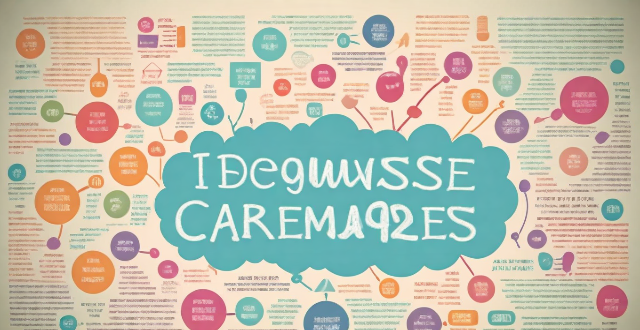
What are the best online resources for learning programming ?
The article discusses various online resources available for learning programming. It categorizes these resources into free tutorials, paid courses, and practice projects. The free tutorials include Codecademy, Coursera, edX, and Khan Academy, which offer interactive exercises, video tutorials, and quizzes to help learners practice their skills. Paid courses are offered by Udemy, Treehouse, Pluralsight, and Lynda/LinkedIn Learning, providing video tutorials, interactive exercises, and assessments. Practice projects can be found on GitHub, HackerRank, LeetCode, and Project Euler, where learners can work on real-world problems and improve their problem-solving skills. Overall, the article provides a comprehensive list of resources for those looking to learn programming online.

Which programming language should I start learning first as a beginner ?
Choosing the first programming language to learn can be overwhelming for beginners due to the plethora of options available. However, there are certain factors that you should consider while making this decision. These include ease of learning, popularity and community support, application domain, and job prospects. Recommended languages for beginners based on these factors include Python, JavaScript, Java, and C#. The best programming language to start with depends on your goals, interests, and how you plan to apply your skills. However, Python and JavaScript are generally recommended for beginners due to their ease of learning and broad applicability. Once you've mastered the basics of programming with one language, you'll find it easier to learn others and expand your skill set. Remember, the key is to get started and keep practicing!

How do bootcamps compare to traditional computer science degrees in terms of learning programming ?
Bootcamps and traditional computer science degrees are two popular ways to learn programming. While both have their advantages and disadvantages, they differ in several key aspects: 1. **Learning Duration**: Bootcamps last a few weeks or months, while traditional degrees take four years for a bachelor's degree and up to two additional years for a master's degree. 2. **Curriculum and Coursework**: Bootcamps focus on practical, project-based learning of specific programming languages and tools, while traditional degrees offer a broader range of courses covering various topics such as algorithms, data structures, operating systems, and computer architecture. 3. **Cost and Financial Considerations**: Bootcamps are generally less expensive than traditional degrees, with tuition fees ranging from a few thousand to tens of thousands of dollars, while traditional degrees can be significantly more expensive. 4. **Career Opportunities and Outcomes**: Bootcamps prepare students for entry-level programming jobs quickly, while traditional degrees open up a wider range of career opportunities, including roles in research, academia, and management. The choice between a bootcamp and a traditional degree depends on individual goals, preferences, and circumstances.

Can you recommend any good books for beginners to learn programming ?
Recommendations for Beginners to Learn Programming: 1. "Head First Programming" by Paul Barry - visual learning approach, covers basic programming concepts, includes exercises and examples. 2. "Automate the Boring Stuff with Python" by Al Sweigart - practical applications of Python, easy-to-follow tutorials, introduces automation and scripting. 3. "Eloquent JavaScript" by Marijn Haverbeke - focuses on web development, covers both programming fundamentals and JavaScript-specific topics, includes interactive examples and challenges. 4. "Learn Python the Hard Way" by Zed Shaw - hands-on approach to learning Python, emphasizes project-based learning, includes exercises and challenges. 5. "Programming: Principles and Practice Using Python" by Guido van Rossum and Barbara Beeton - comprehensive introduction to programming using Python, covers a wide range of topics, includes exercises and case studies.

How can I find reliable and effective programming tutorials online ?
Finding reliable and effective programming tutorials online can be a daunting task, especially for beginners. However, with the right approach and tools, you can easily find high-quality resources that will help you learn programming effectively. Here are some tips on how to find reliable and effective programming tutorials online: 1. Identify Your Learning Goals 2. Use Reputable Sources 3. Look for Reviews and Ratings 4. Check for Updates and Maintenance 5. Practice and Apply What You Learn

Is it necessary to have a strong math background to learn programming effectively ?
Is it necessary to have a strong math background to learn programming effectively? Programming is a complex field that involves various skills and knowledge. One of the most common questions asked by beginners is whether having a strong math background is necessary for effective learning of programming. In this article, we will explore this question in detail. Mathematics plays a crucial role in programming, especially in areas such as data analysis, machine learning, and game development. However, it is not absolutely necessary for all types of programming. For example, if you are developing simple web applications or writing scripts to automate tasks, a strong math background may not be required. If you plan to work in fields like data science or game development, then having a good understanding of mathematics can be very beneficial. If you feel that your math skills are lacking, there are several ways to improve them through online courses, reading books, practicing problem solving, and joining study groups. With dedication and effort, anyone can improve their math skills and become an effective programmer.

What are the best online learning resources for beginners ?
The text provides a list of online learning resources for beginners, including Khan Academy, Coursera, edX, Udemy, Codecademy, Duolingo, Skillshare, and LinkedIn Learning. Each resource offers courses in various subjects, from computer science to language learning, and many are free or have affordable options available.
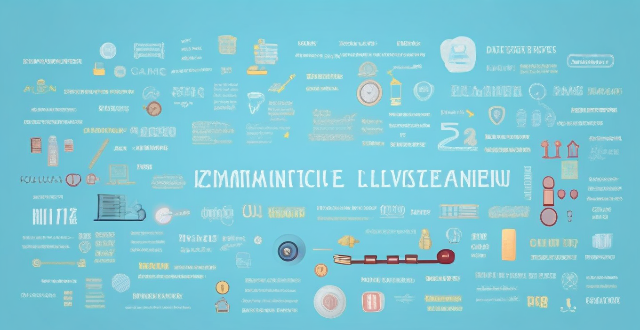
What programming languages are commonly used in educational game development ?
The text is about educational game development and the programming languages used. It lists some of the most commonly used programming languages in educational game development, including Python, JavaScript, Java, C#, UnityScript (C# variant), and HTML5/CSS3/JavaScript. The pros and cons of each language are discussed, along with examples of games that use them. The conclusion states that by choosing the right language for your project, you can ensure that your game is engaging, educational, and accessible to a wide audience.

Are there any interactive platforms where I can practice programming skills ?
Interactive Platforms for Programming Practice: - Codecademy offers free courses, advanced paid lessons, and project building. - LeetCode provides coding problems, discussion forums, and contests. - HackerRank presents coding challenges across various tech domains. - Exercism features multilingual exercises with mentor support and community interaction. - Repl.it is a cloud-based IDE with multi-language support, collaboration options, and templates.

Are there any online learning resources specifically designed for older adults ?
There are various online learning resources designed for older adults, offering a wide range of educational opportunities catering to their unique needs and preferences. Popular platforms include Coursera, Edx, Udemy, The Great Courses Plus, LinkedIn Learning, Khan Academy, Ageless Lifestyle Institute, Open Learning, Rosetta Stone, and AARP's Life Reimagined. These platforms provide courses on diverse subjects such as health, wellness, retirement planning, history, literature, science, technology, creative writing, personal development, and more. They offer flexibility in learning pace, certification upon completion, expert instructors, downloadable lectures, skill tracking, compatibility with devices, free educational content, step-by-step explanations, exercises and quizzes, wellness and health courses, customized learning paths, university partnerships, language learning, and courses on life transitions and personal development. These resources ensure that older adults can continue to grow intellectually and personally regardless of their age, providing ample opportunities for senior learners to engage in lifelong learning.

How important is understanding algorithms and data structures when learning to program ?
Algorithms and data structures are essential for effective programming, influencing efficiency, performance, scalability, problem-solving ability, and interview preparation. Understanding them also lays the groundwork for advanced concepts and everyday tasks, making it crucial for programmers aiming for excellence in their field.
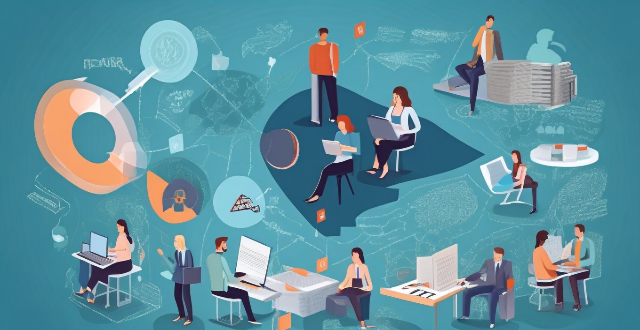
What are some common mistakes that new programmers make while learning to code ?
New programmers often make mistakes due to lack of planning, ignoring basics, code quality issues, misunderstanding language specifics, neglecting testing, overlooking version control, copying and pasting code without understanding, ignoring best practices, overcomplicating things, and not asking for help soon enough. To avoid these common pitfalls, new programmers should stay curious and humble, practice good programming habits, embrace iteration, use available resources, reflect on mistakes, and plan before coding. Making mistakes is part of the learning process, and the key is to recognize them, understand why they occurred, and ensure they become valuable lessons for future success.
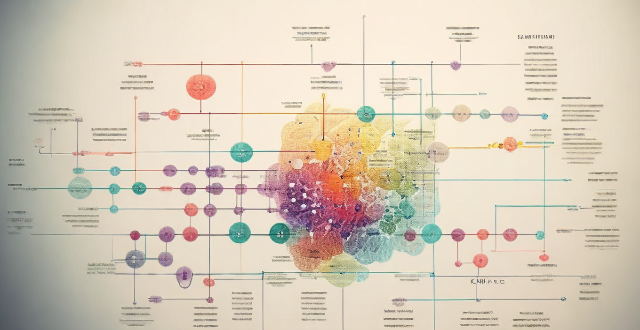
What are some effective strategies for lifelong learning ?
Lifelong learning is crucial for personal growth and adaptability. Effective strategies include setting clear goals, creating a learning plan, leveraging technology, practicing active learning, seeking mentorship, and embracing failure for continuous improvement.
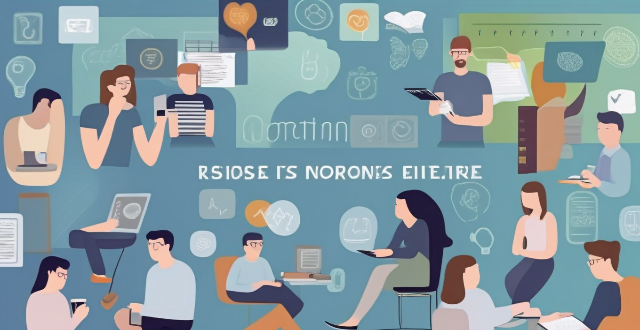
Can you recommend any good online learning resources for language learning ?
Here are some good online learning resources for language learning: Duolingo, Rosetta Stone, Memrise, Babbel, italki, Lingoda, Busuu, Coursera, Edx, and FluentU. These platforms offer courses in various languages and use different approaches to teaching, such as interactive lessons, immersive experiences, flashcards, conversation skills, one-on-one tutoring, and real-world videos.
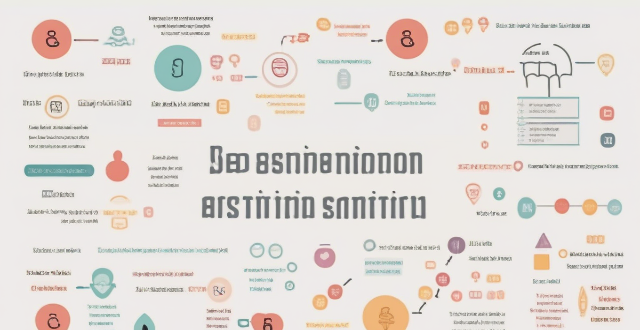
How can I develop a habit of lifelong learning ?
Lifelong learning is crucial for staying relevant and competitive. To develop this habit, set clear goals, create a learning plan, make learning part of your daily routine, embrace challenges, stay curious, connect with others, reflect on your journey, and continuously update your skills.

How can employers encourage and support lifelong learning among employees ?
Employers can support lifelong learning by offering resources, encouraging participation in training programs, providing opportunities for career development, and creating a collaborative learning environment.
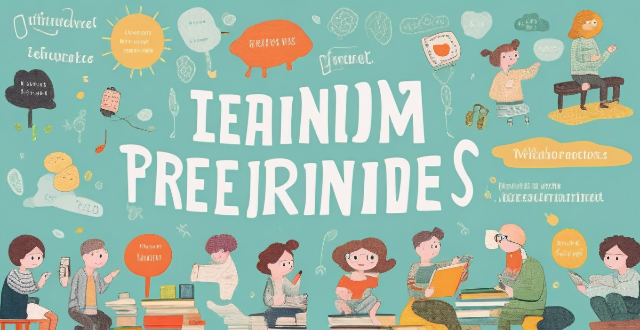
Are there any good online learning resources for language learning ?
Good online learning resources for language learning include Duolingo, Memrise, Rosetta Stone, Babbel, and Busuu. Each platform has its unique features and strengths, such as interactive lessons, memory techniques, immersive experiences, conversational focus, and community support. These resources can help learners achieve fluency in their target language by providing engaging and effective ways to learn vocabulary, grammar, pronunciation, and cultural insights.

What are some benefits of using online learning resources compared to traditional classroom learning ?
Online learning resources offer advantages over traditional classroom learning, including flexibility and convenience, cost savings, personalized learning experiences, exposure to diverse cultures, and development of technology skills.

What is lifelong learning and why is it important ?
Lifelong learning is the continuous process of acquiring new knowledge, skills, and attitudes throughout one's life. It is important for personal development, professional growth, social contribution, economic benefits, health and well-being, and global citizenship. To embrace lifelong learning, individuals can set learning goals, create a learning plan, seek out opportunities, stay curious, reflect on their learning, and share their knowledge with others.
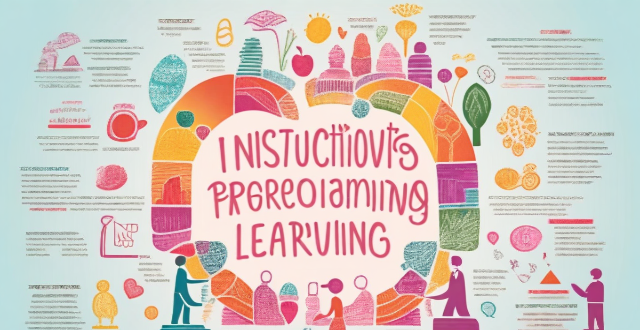
What role do educational institutions play in promoting lifelong learning ?
Educational institutions promote lifelong learning by encouraging a love for learning, providing access to educational resources, offering continuing education opportunities, and fostering collaboration and partnerships.

How do I start learning golf ?
Golf is a popular sport that can be enjoyed by people of all ages and skill levels. If you're interested in learning how to play golf, here are some steps to help you get started: 1. Understand the basics of golf, including the rules and etiquette. 2. Choose the right equipment, such as a set of beginner-friendly clubs. 3. Take lessons with a PGA professional for personalized instruction. 4. Practice regularly at a driving range, putting green, or chipping area. 5. Play on an actual golf course once you've gained confidence from practicing. 6. Join a golf community to enhance your learning experience and meet other players. 7. Stay patient and have fun while enjoying the process of learning and playing golf.

How does technology facilitate lifelong learning ?
Technology has revolutionized education, making it more accessible, interactive, and personalized. It facilitates lifelong learning through online resources, digital libraries, simulation software, gamification, adaptive platforms, mobile learning, social media groups, online workshops, instant feedback, cost efficiency, and globalization of education. Technology offers a wealth of benefits for learners of all ages and backgrounds.
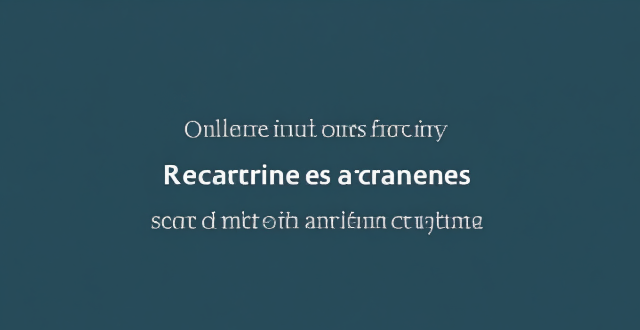
Are there any free online learning resources available for advanced learners ?
This text provides information about free online learning resources for advanced learners, including MOOCs, OERs, online forums and communities, as well as podcasts and videos. It mentions platforms like Coursera, edX, Udemy, Khan Academy, MIT OpenCourseWare, OpenStax, Project Gutenberg, Stack Exchange, Reddit, Quora, TED Talks, various podcasts, and YouTube channels.
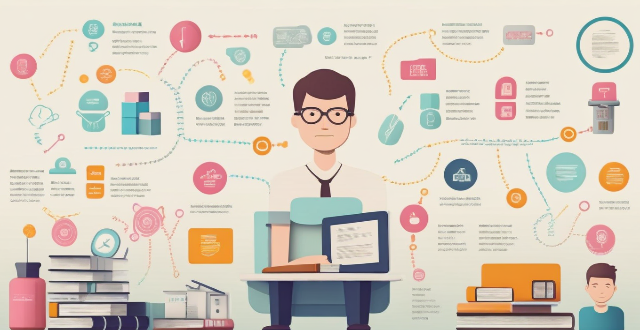
What are the benefits of using a remote education platform for learning ?
Using a remote education platform for learning offers numerous benefits that enhance the overall learning experience, including flexibility and convenience, personalized learning, collaboration opportunities, cost savings, access to quality education, improved learning outcomes, and environmental sustainability.
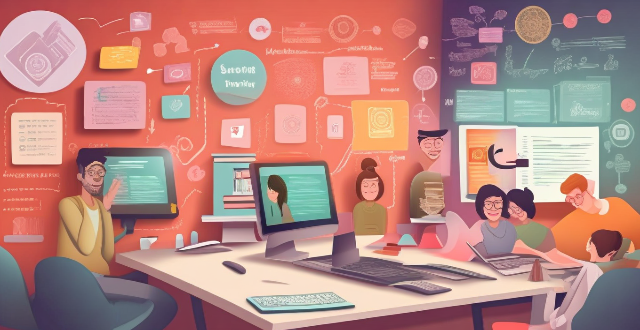
How does personalized learning through adaptive software benefit students ?
Adaptive software in education offers personalized learning experiences, enhancing student engagement, academic performance, and key skill development. It supports inclusive education, prepares students for future challenges, and makes learning more efficient and effective.

How does educational psychology impact student learning ?
Educational psychology plays a crucial role in understanding and enhancing student learning. It helps educators understand cognitive development, enhance motivation and engagement, promote social-emotional learning, address diverse learning needs, and evaluate teaching strategies and interventions. By incorporating insights from educational psychology into their practice, teachers can create a more effective and supportive learning environment for all students.

How does lifelong learning impact career development ?
Lifelong learning is a continuous process of acquiring new knowledge and skills that can significantly impact career development. It enhances skills, adaptability, creativity, personal growth, networking opportunities, and career longevity. By engaging in lifelong learning, individuals can stay relevant in their professions, adapt to changing job requirements, and increase their chances of career success.
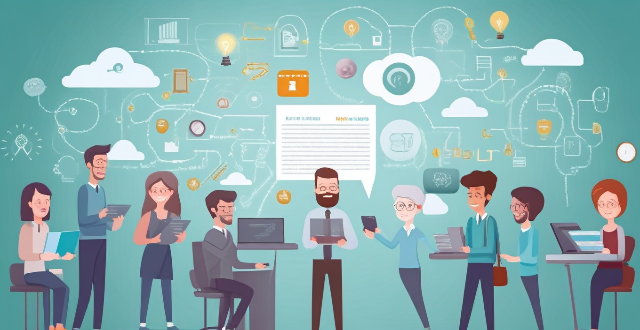
How do online learning platforms enhance student engagement and performance ?
The article discusses how online learning platforms enhance student engagement and performance. It mentions personalized learning experiences, interactive content and multimedia, collaboration and communication tools, gamification and rewards, flexibility and convenience, and immediate feedback and support as key features of these platforms that contribute to improved student outcomes.